Sunflower Seeds: Benefits and How to Eat Them
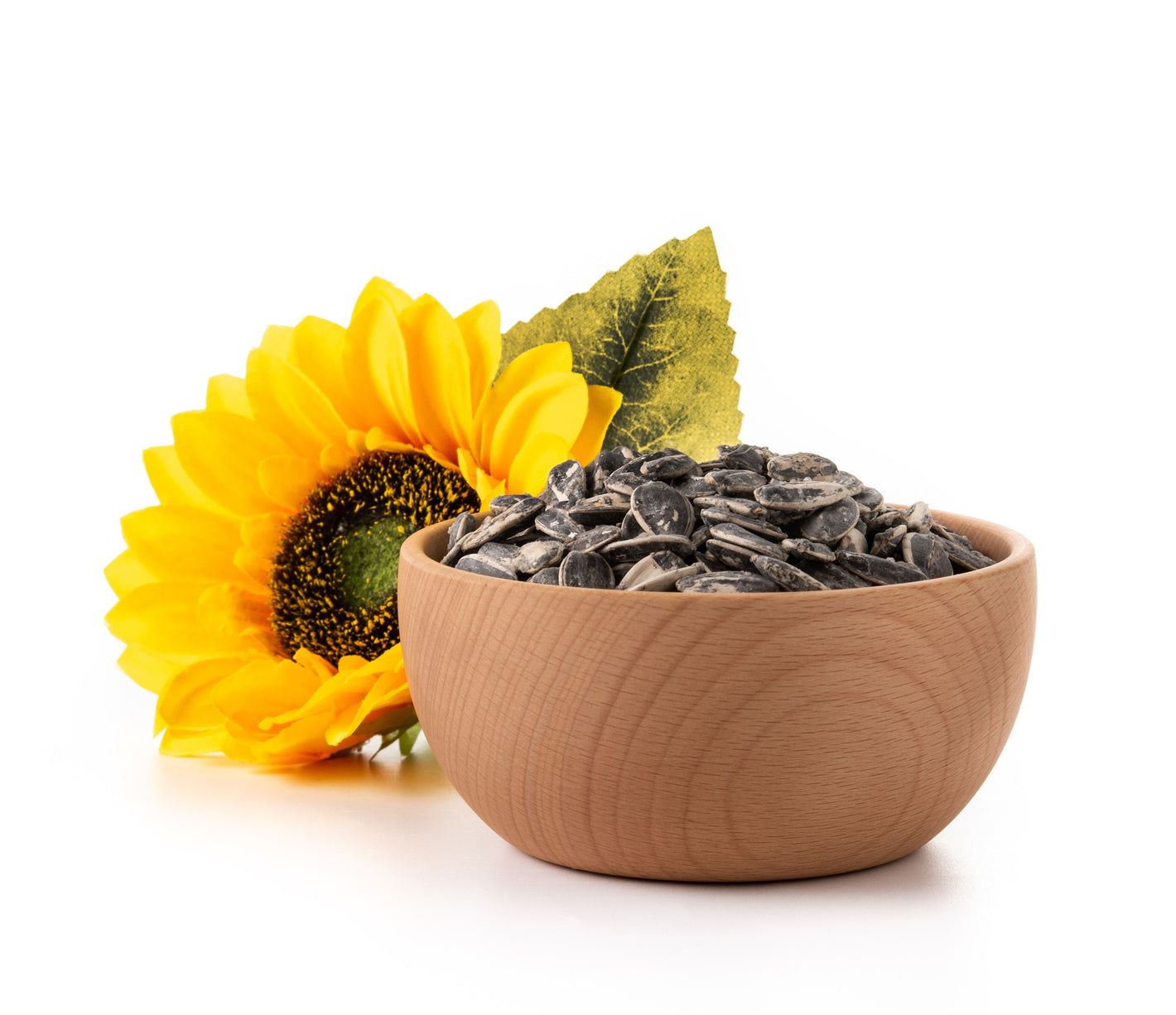
Related products
What are Sunflower Seeds?
Sunflower seeds are tiny edible seeds obtained from the flower heads of a sunflower plant, scientifically known as Helianthus annuus. A single sunflower head carries around 2000 sunflower seeds. Sunflower seeds are popularly consumed as favourable and crunchy snacks. These seeds are loaded with essential nutrients and many health benefits. Sunflower seeds have a nutty flavour that can be consumed raw or roasted as per consumer’s choice. In the article below, we will discuss the nutritional benefits of sunflower seeds and understand its health benefits along with creative ways to consume the seeds in routine diet.

What is the Nutritional Composition of Sunflower Seeds?
Sunflower seeds are tiny seeds but densely packed with essential nutrients that makes it a valuable addition to a balanced diet. One serving (size 28 grams/1 ounce) of shelled and roasted sunflower seeds contain the following.
- Calories – 165 kcal
- Proteins – 5.8 gm
- Fats – 14 gm
- carbohydrates – 6.8 gm
- Fibre – 3 gm
- Vitamin E – 37% of the DV
- Folate – 17% of the DV
- Selenium – 32% of the DV
- Phosphorus – 20% of the DV
** DV: Daily Value
The listing above signifies the nutritional importance of sunflower seeds and recommends its incorporation into routine diet. Apart from the above-mentioned nutrients, sunflower seeds also contain mild to moderate quantities of magnesium, zinc, B vitamins, copper, and manganese.
What are the Health Benefits of Sunflower Seeds?
Enlisted below are some of the key health benefits of sunflower seeds.
-
Anti-inflammatory Constituents
Sunflower seeds contain certain bioactive constituents such as flavonoids and phenolates that have anti-inflammatory properties. Sunflower seeds are particularly essential for individuals with chronic inflammatory conditions such as arthritis, heart diseases, diabetes and autoimmune conditions. A study article published in the American Journal of Clinical Nutrition signifies the importance of natural anti-inflammatory bioactive compounds, as that present in sunflower seeds, for individuals with chronic inflammations as these compounds sooth the ongoing inflammation and relieve the resultant symptoms.

-
Rich in Antioxidants
Sunflower seeds are a rich source of Vitamin E. Vitamin E has all the antioxidant properties that neutralises the toxic free radicals generated at the end of metabolic reactions. These free radicals have the potential to cause chronic diseases due to increased oxidative stress and it can also promote early aging. Vitamin E combats these free radicals and makes sunflower seeds a valuable natural source of antioxidative properties. Antioxidants also play an important role in reducing underlying health conditions and protect against chronic health diseases such as cardiac diseases and metabolic health disorders.
-
Cardiac Health
A typical one ounce serving of shelled and roasted sunflower seeds contain around 14 grams of fats. These are healthy fats that include monounsaturated fatty acids (MUFA) and polyunsaturated fatty acids (PUFA) that improve cardiovascular health. These healthy fats promote the reduction of low density lipoproteins (LDL – the bad cholesterol) and promote the increased production and maintenance of high density lipoprotein (HDL – the good cholesterol). A study article published in the Journal of the American Heart Association describes the role of unsaturated fatty acids, as those contained in sunflower seeds, in lowering the substantial risk of cardiovascular health diseases.
Moreover, sunflower seeds contain adequate amounts of magnesium mineral as well. Magnesium is well known for its vasodilating properties that contributes to lowering an individual’s risk of high blood pressure. Magnesium relaxes the blood vessels, reduce the resistance of end organs and promote blood flow to the vital organs that reduces the symptoms of hypertension.
-
Musculoskeletal Health
Sunflower seeds have essential minerals such as zinc, phosphorous, magnesium, manganese and copper that works to improve the bone and muscle health. Copper is an essential element in laying down collagen for active bone formation. Magnesium then comes into play and start bone formation along with its strengthened maintenance. Phosphorous promotes and enhances the bone mineral density to make it strong and resilient to external stressors and pressure.
-
Better Skin Health
Sunflower seeds are a rich source of Vitamin E that has numerous health benefits. Vitamin E protects the skin from oxidative stress caused by UV rays and toxic pollutants in the atmosphere. Vitamin E delays the process of aging and thus removes fine lines or wrinkles by enhancing the active production of collagen. A study article published in the Journal of Dermatological Science also highlighted the role of Vitamin E in maintenance of better skin health and managing skin conditions such as psoriasis and eczema.

-
Controlling Blood Sugar Levels
A one ounce serving of sunflower seeds contain 3 grams of fibres that helps regulate and control the blood sugar levels. Dietary fibres delay the rapid absorption of sugar from the gut. This benefits the regulatory mechanisms of blood sugar levels as they do not experience rapid spikes in the blood sugar. Rapid spikes in blood sugar cause increased insulin resistance that often led to diabetes mellitus. Moreover, studies indicate that the magnesium present in sunflower seeds increases insulin sensitivity that reduces the risk of diabetes mellitus.
-
Enhanced Mood
Sunflower seeds contain certain chemical constituents that regulate, improve and elevate the mood that helps the overall mental wellbeing in the long run. Tryptophan, an amino acid, is found in the sunflower seeds. Upon consumption, tryptophan converts into serotonin after a series of reactions. Serotonin, a mood regulating neurotransmitter, then promotes the feelings of well-being, elevated mood and happiness. Moreover, the magnesium in sunflower seeds is also known to improve mood and cognition and its deficiency commonly results in increased risk of mood disorders such as depression.
What are some of the Ways to Eat Sunflower Seeds?
There are many easy and versatile ways to incorporate sunflower seeds in the routine diet. Welzo brings some practical tips on how to enjoy sunflower seeds, as enlisted below.
-
Raw or Roast
This is the most common method of eating sunflower seeds. They can be eaten raw or roasted. Raw seeds contain more nutrients but roasting the sunflower seeds enhances their flavour and elevate its tasting experience.
How to roast sunflower seeds? Spread the sunflower seeds on a baking sheet and bake at 175 °C for 10 to 15 minutes.

-
Sprinkled
Take a spoonful or handful of sunflower seeds and sprinkle them over your bowl of salads. It adds crunch to the salad and enhances the nutritional profile of the food. Sunflower seeds taste better with green leafy vegetables, cucumbers, tomatoes and avocados.
-
Baking
Sunflower seeds can be used in baking by sprinkling them over bread, muffins and cookies, just like Kalonji seeds. Sunflower seeds add a tasty crispiness and nutty flavour to the baked items.
-
Breakfast Bowls
A spoonful of sunflower seeds can be mixed in a bowl of yogurt or oatmeal for enhanced texture and elevated nutrition. This is a favoured method of adding essential proteins, healthy fats and fibre to the breakfast bowl.
-
Smoothies
Sunflower seeds have essential proteins that acts as an asset for making of smoothies. It adds to the creaminess of a smoothie and pairs well with fruit, leafy greens and nuts.

-
Snacks
Sunflower seeds alone can also be eaten as a healthy snack. It has essential nutrition with crunchiness that makes it a perfect option for snacking. It is important to keep it unsalted or lightly salted to keep sodium levels in balance.
-
Sunflower Seed Butter
Sunflower seed butter is a good alternative to peanut butter. It is especially valuable for individuals with food allergy to peanuts. Sunflower seed butter can be eaten as a spread over toasts, added to smoothies or a dip for fruits.
What are some of the Precautions to understand before Eating Sunflower Seeds?
Moderate consumption of sunflower seeds has numerous health benefits. However, it is important to understand the precautions before consuming it in excess or incorporating it in routine diet to avoid any adverse outcomes beforehand.
-
Sensitivity and Allergy
Cases of sensitivity and allergy have been reported with consumption of sunflower seeds in a small percentage of people. Symptoms of an allergic reaction to sunflower seeds include general body swelling, rash and itching over the skin, difficulty breathing and a state of unconsciousness. Individuals suspecting allergic reaction must seek medical attention to dodge the chances of a severe allergic reaction.
-
Caloric Value
Sunflower seeds are dense in calories such that a single ounce contain around 165 kcal. Individuals watching their calories or following a calorie deficit diet plan must be wary of this caloric value and monitor their safe and limited consumption of sunflower seeds.
-
Contain Phytates
Phytates are constituents in sunflower seeds that inhibit the absorption and uptake of certain minerals in the gastrointestinal tract. This is not a concerning precaution for individuals with balanced diet, however individuals with dysfunctional absorption due to some gastrointestinal reasons or those consuming the sunflower seeds in large quantities must understand this point.

People Also Ask
What are the best methods for storing sunflower seeds to keep them fresh for consumption?
Keep sunflower seeds in an airtight container to keep them fresh. Place this container in a cool and dark place such as a cupboard. In warm and humid climates, it is recommended to refrigerate or freeze the sunflower seeds to keep them fresh when needed for consumption. It is essential to make sure that the container used for storage is tightly sealed so that it has no exposure to moisture and air. Proper storage of sunflower seeds can last for several months if kept in a cupboard and storing it in a refrigerator or freezer will last for more than over a year. It is essential to check signs of spoilage, moisture and bad smell before opening the container and consuming it.
How much sunflower seeds should an individual consume to get all the health benefits?
The recommended daily intake of sunflower seeds to get all the health benefits is 28 grams to 56 grams (1 to 2 ounces) per day. This amount contains all the essential nutrients such as vitamin E, healthy fats, proteins and minerals including magnesium, zinc and copper. Incorporating sunflower seeds in the routine diet can improve the overall nutritional intake and contribute to various health benefits.
Conclusion
Sunflower seeds are tiny edible seeds obtained from the flower heads of a sunflower plant, scientifically known as Helianthus annuus. A single sunflower head carries around 2000 sunflower seeds. Sunflower seeds are tiny seeds but densely packed with essential nutrients such as healthy fats, proteins, fibre, vitamin E, magnesium, zinc and copper. Sunflower seeds contain certain bioactive constituents such as flavonoids and phenolates that have anti-inflammatory properties and makes it particularly essential for individuals with chronic inflammatory conditions. Various published research describes the role of unsaturated fatty acids, as those contained in sunflower seeds, in lowering the substantial risk of cardiovascular health diseases. Along with these, it also helps with skin health, relieve oxidative stress, strengthens the bones, controls blood sugar levels and elevate the mood. Roasted sunflower seeds with little salt is a popular snack. Sunflower seeds can also be eaten in smoothies, baked items, in breakfast bowls when mixed with oatmeal or yogurt, sunflower seed butter spread over the toast or added to salad to improve the nutritional value of these foods.




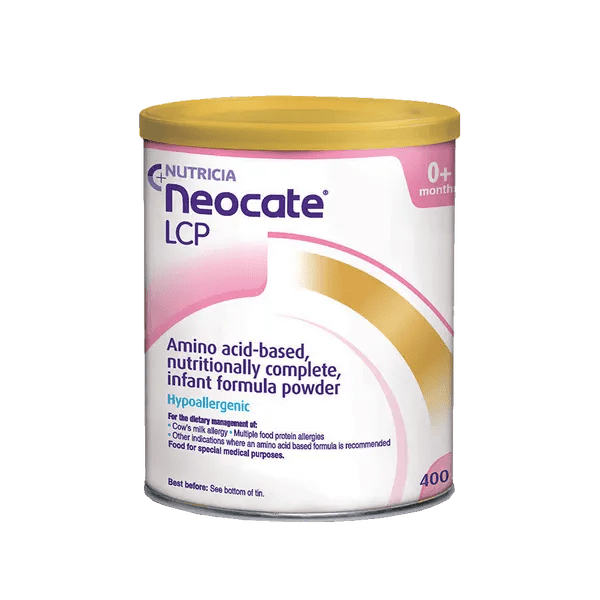
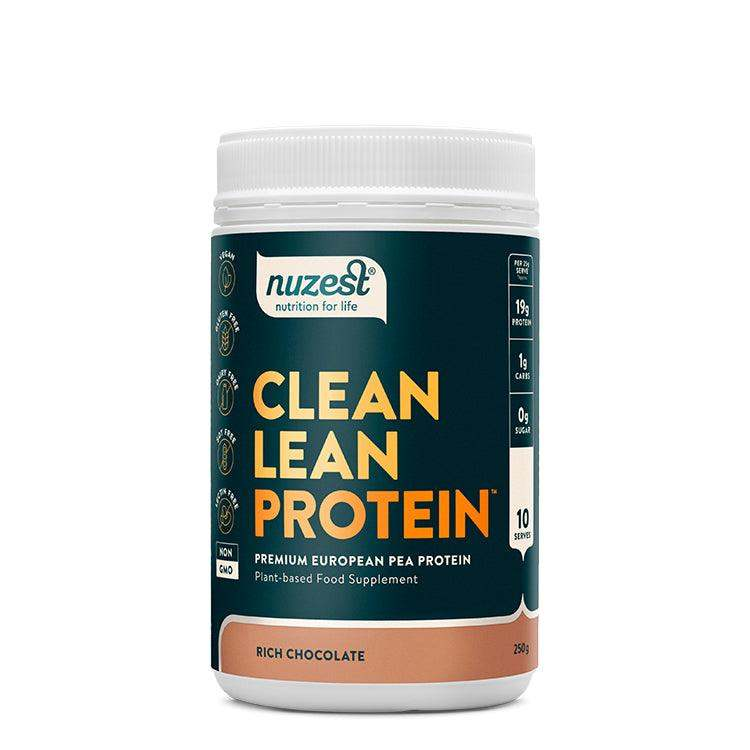
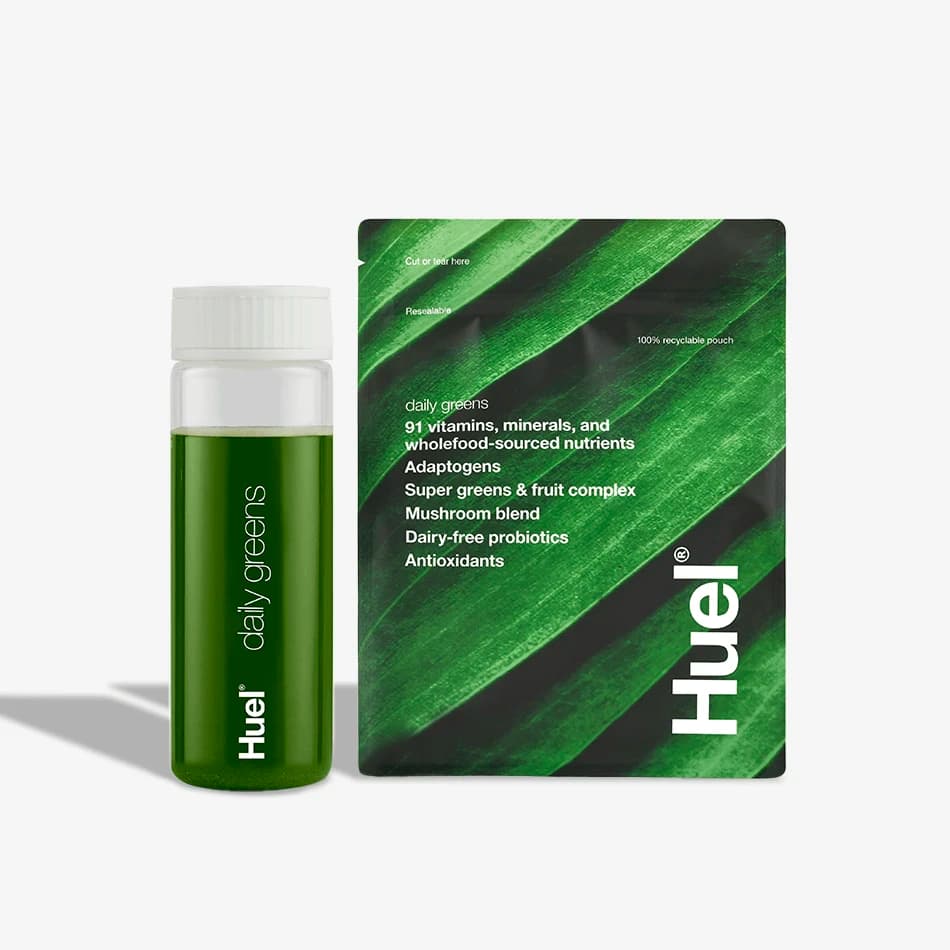
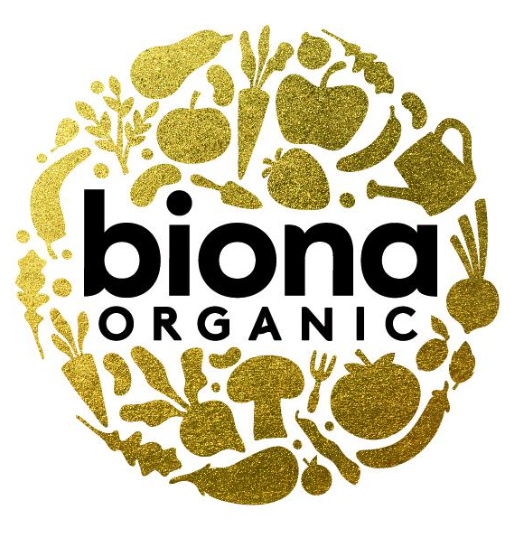





 Rated Excellent by 26,523+ Reviews
Rated Excellent by 26,523+ Reviews